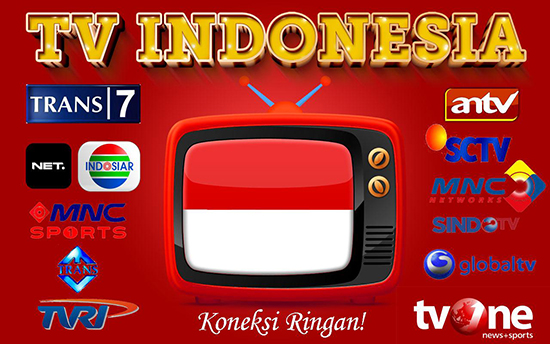
Agus Sudibyo in Jakarta
Until now the media, especially television, has been regarded as being extremely influential in boosting the electability of presidential candidates or political parties, and anxiety has been raised over the role television channel owners who intensively campaign through their media outlets.
Indeed these political campaigns, disguised as news and other forms of current affairs, by election contestants who are media owners, were seen as abrogating public space for private interests and not conducive to efforts to improve the role of the press as an open space for public discourse in a democracy.
However we should not overestimate media influence. The quick-count results of the April 9 legislative elections have clearly disproven the argument that media owners contesting the elections are guaranteed public support.
The Indonesian Democratic Party of Struggle (PDI-P) has topped the poll, although its leaders do not own any media channels.
The Golkar Party whose leader Aburizal Bakrie has a media group came second despite intensive use of his television channels and online media, mainly TvOne and Vivanews.
These two parties are followed in the quick-count results by parties that don’t own media outlets: The Democratic Party, the National Awakening Party (PKB), the Prosperous Justice Party (PKS), the National Mandate Party (PAN) and the United Development Party (PPP).
The leaders of the NasDem Party and the Hanura Party have media groups — but rank outside the big five in the unofficial election results so far.
Quick-count results
Can we conclude that campaigning in your own media outlets does not increase the electability of your political party? What do the quick-count results show regarding media owners as election contestants?
First, the media still has significant influence over people’s political choices. However political parties and their contenders cannot merely appear in one or two television channels; they need to have positive exposure in news and commercials across several different outlets.
This is what did not happen during the election campaign this year. No electoral contestant who was a media owner dominated the majority of media, which on the national level is dominated by five or six large media groups. There were at least four television owners who used their media to campaign for the legislative and presidential elections.
On the other hand several media outlets showed flexibility, in accepting commercials from all parties and also reporting on all parties’ campaigns. The effect was the diffused influence of television coverage to different political parties, and the significance for each party was not enough to boost its electability beyond loyal supporters.
Second, appearing continuously on your own media outlets is not in itself a strategic advantage for the political party without taking into account the reaction of other media. Blasting campaigns full of self praise neutralizes the intended effect of boosting electability, if other media outlets choose to portray the candidate or party in a more negative light.
In this context our public space is saved by the reality of competition among the media or media groups regarding their public discourse and news tendencies.
Democracy has not been able to stop the arbitrary abuse of media owners of their media channels. However democracy creates considerable plurality among media industry owners; it is the competition among them which creates the checks and balances.
Less critical
Some media outlets may be less critical of the political parties owned by their boss. But many other outlets will be highly critical, without sharing the burden of economic and political ties, apart from the factor of competition.
Therefore dependency on one or two media outlets is counter-balanced by the independence of other media outlets toward the same political organization. The political dependency of one or two media outlets remains a problem regarding how they should function. However the plurality of media actors is at least a benefit of democracy which brings diversity of information, perspectives and political leanings within a system of media freedom.
Third, electability is determined by many factors. In determining their political choices, people do not only judge how often they see a political party represented on television.
They also take into account what they know of its achievements, its leaders or campaigners, their experience and the leaders’ ability etc. Many voters are merely transactional, opting for the parties making the highest contributions.
Fourth, this all shows the public as relatively independent, absorbing but not always accepting the media messages regarding political contestants, as they filter information from diverse sources. They take into account core ties like ethnicity and faith; quite apart from credibility and quality.
People are not merely blank canvases that can be painted upon by the media. They are competent in giving feedback; therefore one would need to reconsider the view that citizens are merely passive media consumers.
Agus Sudibyo is executive director of Matriks Indonesia, which focuses on social and media research in Jakarta. This article was first published in The Jakarta Post.
This work is licensed under a Creative Commons Attribution-NonCommercial 3.0 New Zealand Licence.




